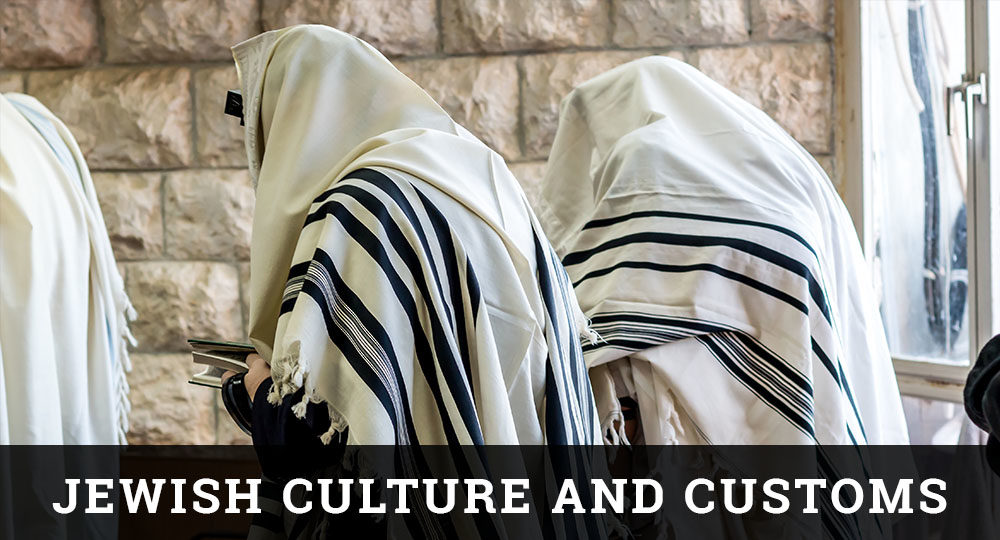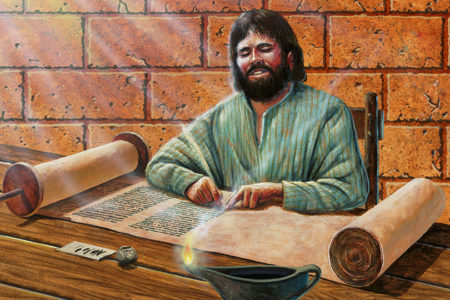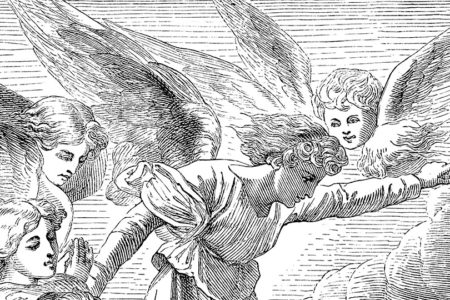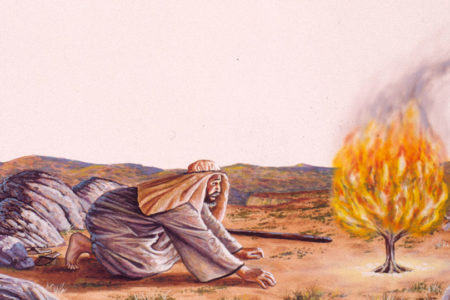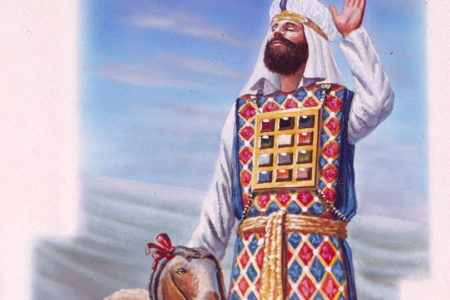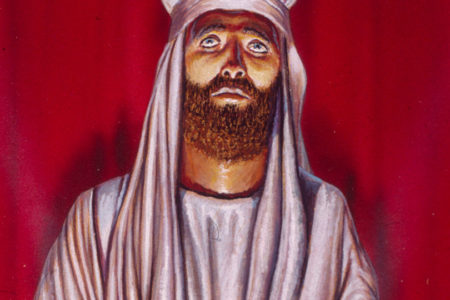Shabbat
Holidays are commemorative days used by most people to participate in recreational activities, to travel, or just to relax. Conversely, holy days are special days set aside for worship. Holidays provide a time of release from the everyday pursuit of pleasure. Holy days provide a time to release ourselves to please God through song, prayer, and meditation. Many people enjoy a holiday, but far fewer experience a holy day. In Exodus 20:8–10, God commanded the Israelites to observe a holy day (Yom Kadosh) on a weekly basis.
Judaism considers the Shabbat (Sabbath) observance to be the high point of the week. It is a day of delight, a jewel, a bride, a queen. So important a day is it that some believe if it were properly observed by all Jewish people, the world to come would be ushered in. Biblically, violation of Yom Kippur (the day of atonement, considered the most holy day in Judaism) resulted in excommunication (Lev. 23:29), but violation of Shabbat, a day “holy to the Lᴏʀᴅ” (Ex. 31:15), resulted in death.
For the Jewish people, Shabbat memorializes two incredible and miraculous events. It is regarded as the climax of creation. God worked six days and rested on the seventh (Gen. 2:2). Mankind, therefore, must emulate God and do the same. Work is defined as any activity that creates, produces, or transforms for use. The second event memorialized is the Exodus, when God freed His people from the Egyptian taskmasters. Shabbat provides a weekly liberation from the taskmasters of life. Concerns about occupations, chores at home, school, and other stresses of life are set aside on this day. Shabbat is a day for Jewish people to revitalize and rejuvenate themselves spiritually, emotionally, and physically.
Although the topic of family values is popular in current news, it is nothing new in the observant Jewish community. Families have always been an integral part of the seventh-day observance. On at least this one day each week, family members eat, pray, sing, and read together and generally spend time with one another.
A great deal of preparation goes into the Shabbat observance. Jobs are completed early, the house is cleaned, proper clothes are made ready, a special meal is prepared, and special dishes are used. About 20 minutes before sundown, the woman of the home lights two candles, one to “Remember the … day” (Ex. 20:8) and one to “Keep the … day” holy (Dt. 5:12). A benediction is then recited, and a warm greeting of “Shabbat Shalom!” (Sabbath peace) is proclaimed.
The family then attends the Friday evening service (Kabbalot Shabbat) at the synagogue. Upon returning home, the father blesses his children, quoting Numbers 6:24–27, with his hands placed on their heads. Next, the Kiddush (prayer over the wine) is recited, and two loaves of challah (braided egg bread) are broken. Two loaves are used because in Exodus 16:22, God told the Israelites to gather a double portion of manna the day before Shabbat. Finally, the first of three Shabbat meals is eaten. The menu varies but usually includes gefilte fish, chicken soup, chicken or beef, and wonderful baked desserts.
There is no sleeping in on Saturday morning because the family must be at synagogue early, usually by 8:30 a.m. There prayers are chanted and sung, the Torah scrolls are opened and read, and the rabbi delivers a sermon. The service lasts about three hours and is followed with an Oneg Shabbat (delight in the Sabbath), a time of noshing (snacking), and fellowship.
Back at home after the service, the second of the three Shabbat meals is eaten, and a time of leisure follows. Driving, shopping, television watching, and even the switching on of lights—all considered forms of work—are forbidden. Instead, time is spent reading, walking, visiting, playing board games, and sleeping.
The third meal is eaten in the late afternoon, and the Maariv (evening) service follows. At this service the Havdalah (division) is recited over a cup of wine, fragrant spices, and a special double-braided candle called Havdalah. This short but symbol-filled service illustrates the beauty, majesty, and holiness of the day. This holy day is anticipated with great joy, and sadness is felt at its departure. About 40 minutes after sundown, the queen has left for another week.
Setting a day aside for rest and worship is both biblical and practical. The Old Testament taught the Jewish people to look forward to a day of rest. The New Testament stresses that believers should start off with His rest and then move forward. Of the Ten Commandments, only the fourth, regarding Shabbat, is not mentioned in the New Testament. During this dispensation we are not obligated to keep the law. Yet the principles of Shabbat—commitment to God, celebration with worship, camaraderie that builds up family and friends, and the sense of community fostered among those of like mind—would all serve to strengthen the body of Christ.
Editor’s Note: This series explores features of life and worship as practiced by observant Orthodox Jewish people.
